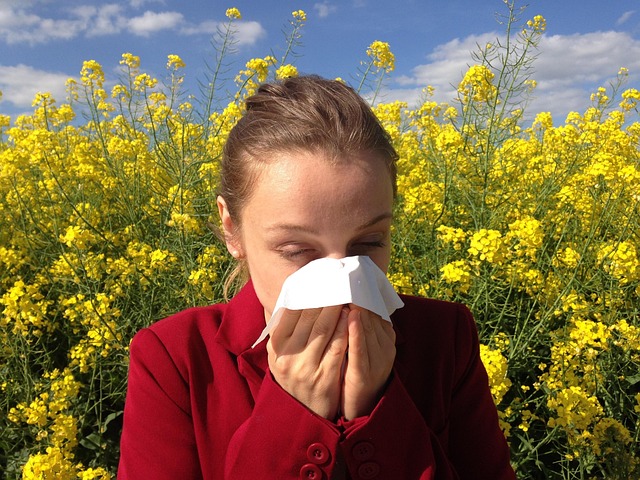Mold exposure can cause a range of health problems from mild allergies (sneezing, coughing) to severe conditions like neurological issues and flu-like symptoms. Individuals with allergies or asthma are at higher risk, but even healthy people can experience discomfort. Prolonged exposure may lead to toxic mold sickness with symptoms like nausea, dizziness, fatigue, and cognitive problems. Recognizing mold-related respiratory issues, skin rashes, and memory lapses is crucial for prompt intervention to prevent health hazards associated with mold exposure.
“Household mold is more than an unsightly problem; it can pose significant health risks. This article delves into the common illnesses linked to mold exposure, from recognizable mold exposure symptoms to severe health effects of mold. We explore how mold can lead to allergies, mold-related respiratory issues, and even toxic poisoning. Understanding these mold allergy risks is crucial for recognizing warning signs and mitigating potential toxic mold sickness. By the end, you’ll be equipped with knowledge to navigate the dangers of hidden mold.”
- Mold Exposure Symptoms: Recognizing the Warning Signs
- Health Effects of Mold: From Allergies to Toxic Poisoning
- Mold-Related Respiratory Issues and Other Serious Concerns
Mold Exposure Symptoms: Recognizing the Warning Signs

Mold exposure can lead to a range of symptoms that affect multiple systems in the body. Recognizing the warning signs is crucial for early detection and prevention of mold-related health issues. Common mold exposure symptoms include sneezing, runny or stuffed nose, itchy eyes, coughing, wheezing, and difficulty breathing. These symptoms are often more pronounced in individuals with a known mold allergy or asthma, but even healthy people can experience discomfort when exposed to high levels of mold spores.
Beyond respiratory issues, prolonged or severe mold exposure can lead to more serious health effects, including skin irritation, allergic reactions, and even neurological problems. In cases of extreme mold poisoning, symptoms may mimic those of flu or other viral infections, making it difficult to pinpoint the root cause. It’s important to be vigilant for persistent or unusual health issues in environments where mold is present, as these could indicate toxic mold sickness, which requires prompt medical attention and professional remediation.
Health Effects of Mold: From Allergies to Toxic Poisoning

Mold, often overlooked, can have significant health implications for individuals exposed to it. The effects range from mild allergies to severe toxic poisoning, highlighting the importance of understanding and addressing mold issues within households. One of the most common mold-related health problems is allergic reaction, where symptoms like sneezing, runny nose, itching eyes, and asthma attacks may occur upon exposure to mold spores. Individuals with existing respiratory conditions or compromised immune systems are particularly at risk for developing more severe mold-related respiratory issues.
Beyond allergies, prolonged or intense mold exposure can lead to toxic mold sickness. This condition encompasses a range of symptoms, including nausea, dizziness, fatigue, and cognitive issues. In extreme cases, toxic mold poisoning may occur, resulting in serious health complications and even life-threatening situations. Recognizing the symptoms of mold exposure—such as persistent coughing, wheezing, skin rashes, or memory lapses—is crucial for prompt intervention and mitigation to prevent these potential health hazards associated with household mold.
Mold-Related Respiratory Issues and Other Serious Concerns

Mold-related respiratory issues are a significant concern for individuals exposed to high levels of indoor mold. Common symptoms include coughing, wheezing, and shortness of breath, which can be particularly problematic for those with asthma or other pre-existing lung conditions. Prolonged exposure may lead to chronic respiratory problems and even permanent lung damage.
Beyond respiratory issues, prolonged mold exposure also poses serious health risks. Mold allergy risks can cause a range of symptoms from mild to severe, including skin rashes, eye irritation, and worsening of existing allergies or asthma. In more extreme cases, toxic mold sickness may occur, leading to nausea, headaches, fatigue, and cognitive impairments. It’s essential to recognize the health effects of mold and take proactive measures to address any signs of mold exposure or poisoning.
